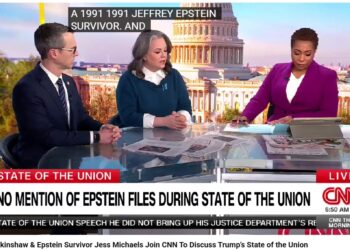
After the nuclear-reactor incidents in Japan, there were individuals in the U.S. audacious enough to scoff at warnings from anti-nuclear advocates that nuclear energy poses risks that have not been properly controlled and that probably cannot be properly controlled with current technology. Some advocates of nuclear energy attempt to point out that newer technologies in nuclear energy will solve many of the problems that anti-nuclear advocates deride. But new nuclear technologies still do not address the problems posed by older nuclear power plants and their reactors. These same reactors have seen an increase in radioactive leaks over the past few years.
The last fact is an important one because it underscores the stratified nature of information that has usually entered the debate around nuclear energy. That is, many of the most horrific facts about nuclear energy don’t usually get entered into the public debate surrounding nuclear energy because doing so would probably scare a lot of Americans or induce them to change their minds about the perceived advantages and disadvantages of nuclear energy. For instance, if I told you that every nuclear reactor in the U.S. has had a radioactive leak at some point in its history, would you still favor nuclear energy? Or how about the fact that in 1985, the Nuclear Regulatory Commission testified before Congress that there was a 45% chance that a “severe nuclear accident” would occur in the next 20 years. The fact that it hasn’t, then, is something close to a miracle.
This shouldn’t be a partisan issue, although it’s looking more and more like it has become one. The Republican Party, for the most part, seems willing to brush the risk aside to embrace a nuclear future for the U.S. The Democratic Party, on the other hand, has largely stuck to a more precautionary position, not necessarily deriding nuclear power but also not advocating it without relatively strict limitations. Of course, these strict limitations look good on paper but are apparently rarely ever enforced with such stringency. So here’s another reason to finally kick nuclear energy to the curb: the supposedly rigid regime of regulation ensured by the Nuclear Regulatory Commission (NRC) has come under fire for not ensuring that its own regulations are being carried out. There is absolutely no reason to conclude that this will change substantially anytime in the near future.


![[UPDATED with Official Announcement] Audio: VA Del. Dan Helmer Says He’s Running for Congress in the Newly Drawn VA07, Has “the endorsement of 40 [House of Delegates] colleagues”](https://bluevirginia.us/wp-content/uploads/2026/02/helmermontage.jpg)















